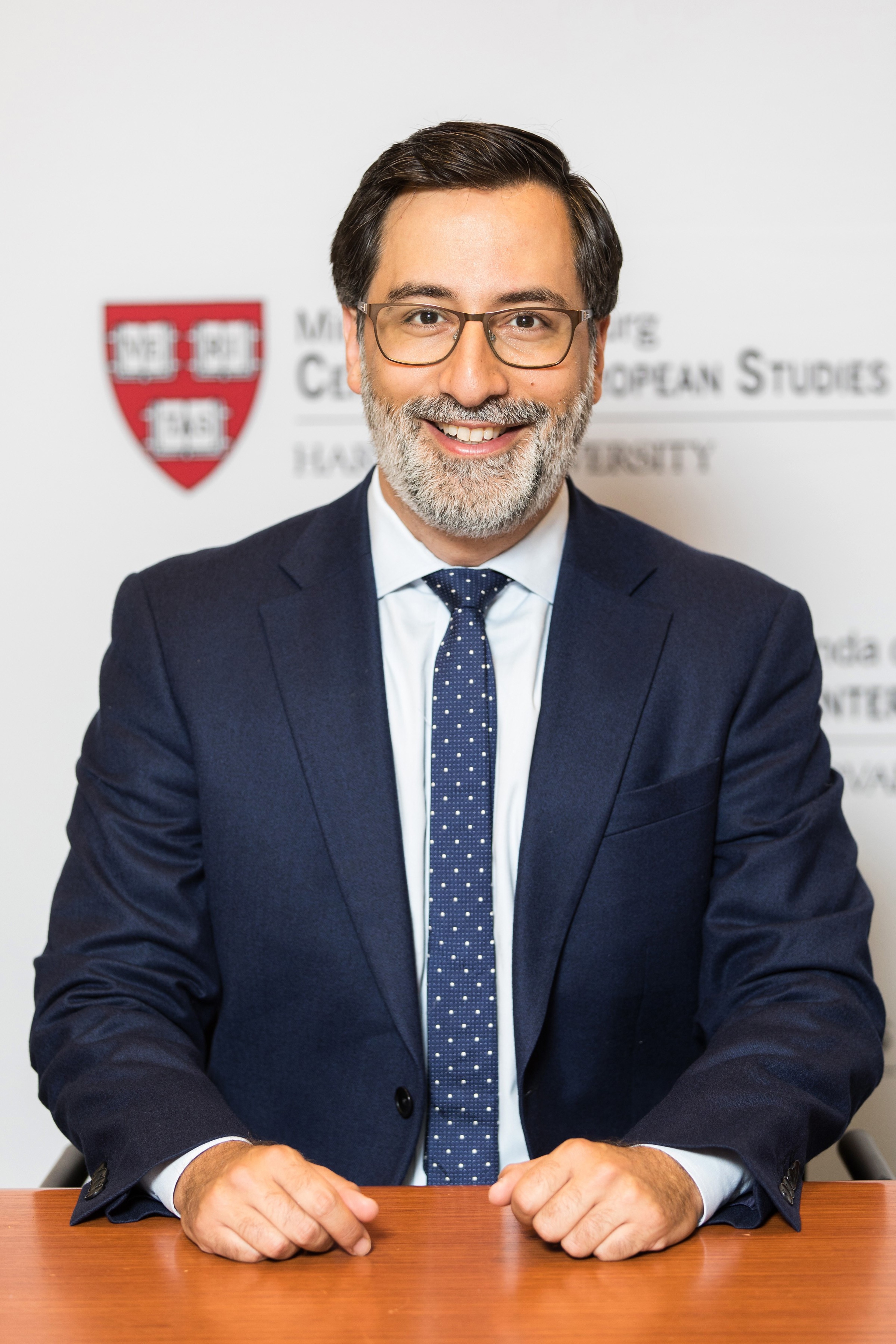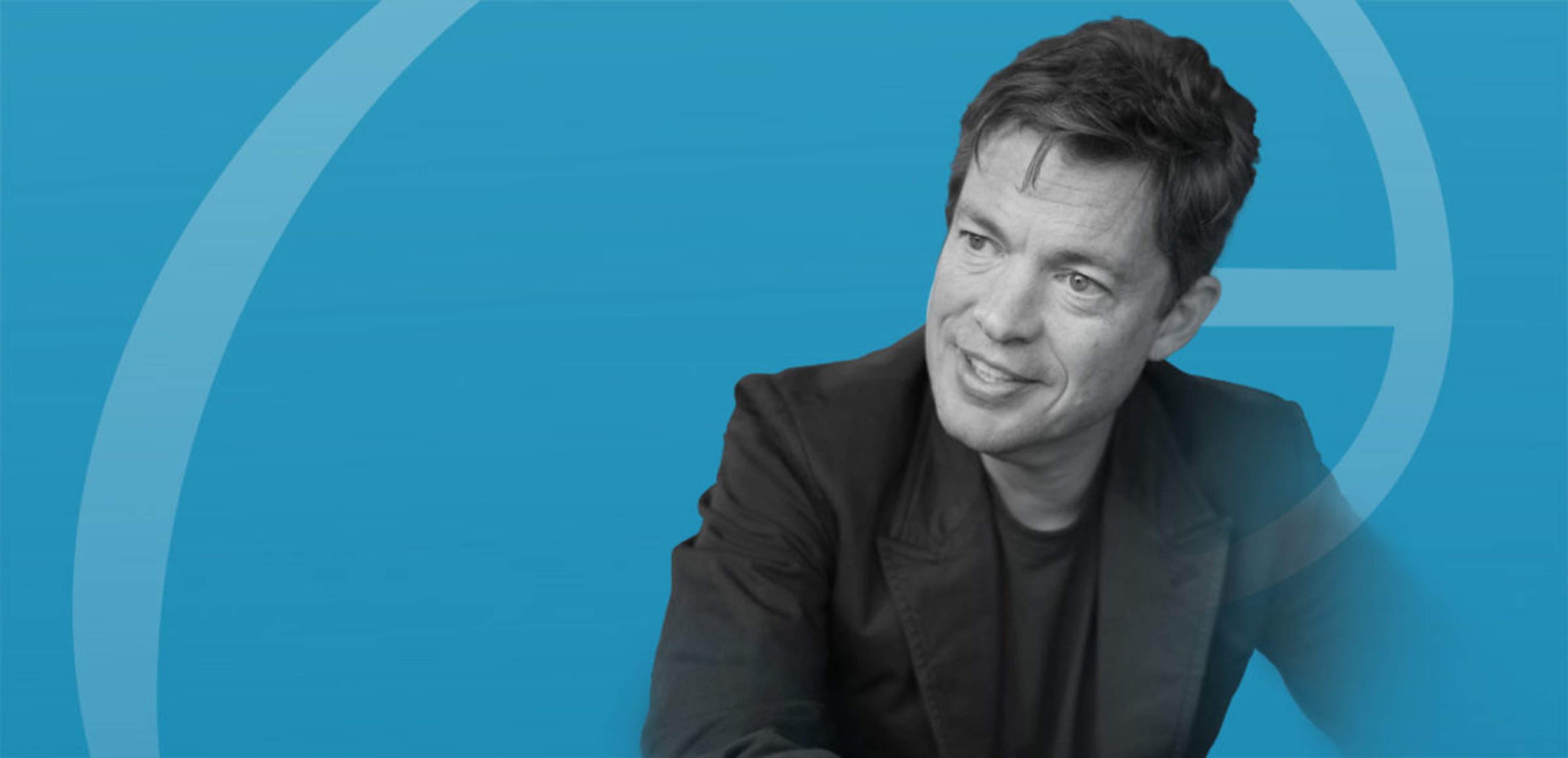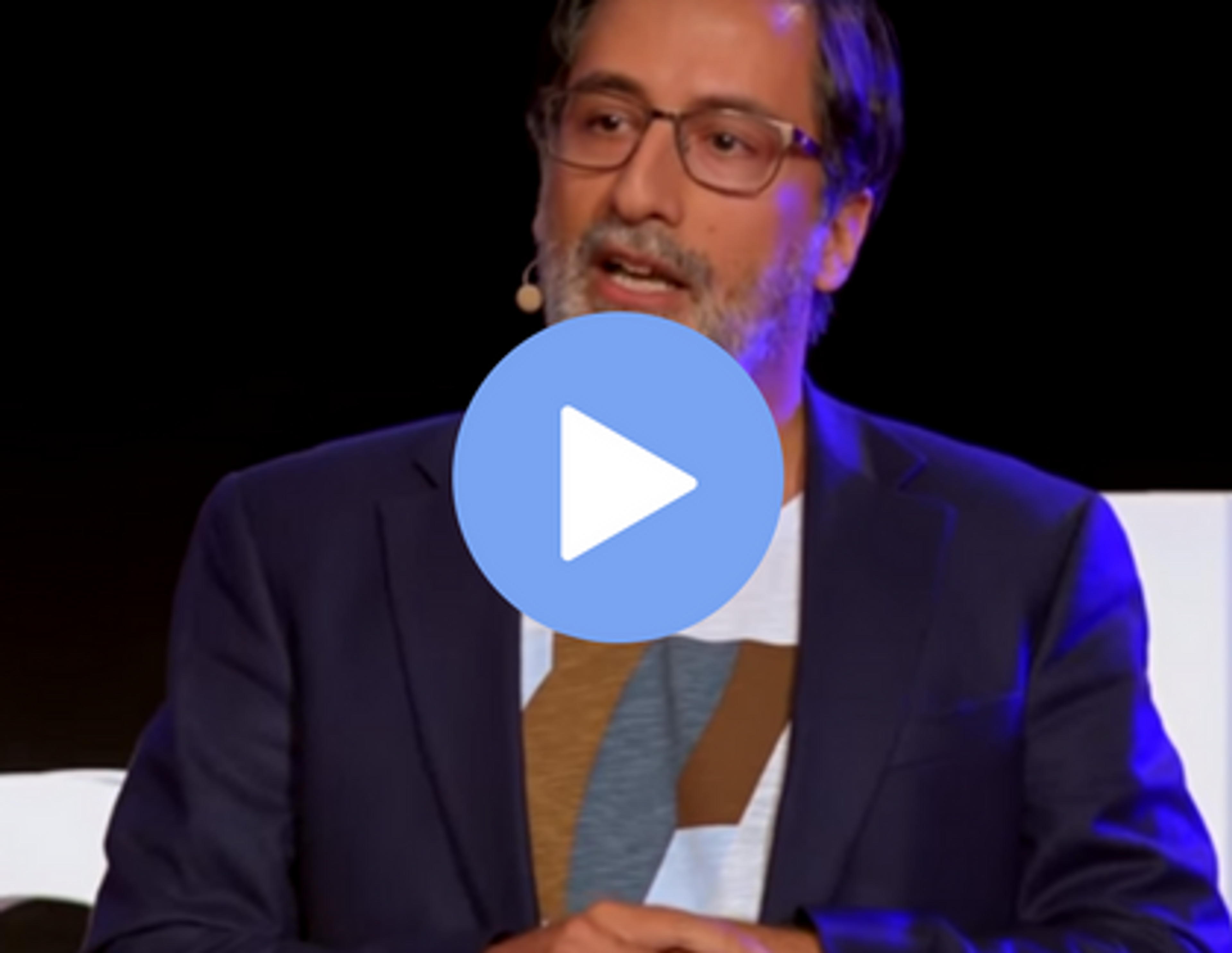Alexander Görlach

Alexander Görlach is a senior advisor to the Berggruen Institute. He is a linguist and theologian who works on narratives of identity, politics, and religion, and liberal democracy, as well as secularism, pluralism, and cosmopolitanism. He is an adviser to the F. D. Roosevelt Foundation at Harvard University College, where he also served in the “In Defense of Democracy Program” of the foundation at Adams House as an affiliate professor. Prior to that, he was a visiting scholar to both Harvard Divinity School and Harvard Center for European Studies and a J. F. Kennedy Memorial Policy Fellow at that Center.
Alex is senior fellow at the Carnegie Council for Ethics in International Affairs, a fellow at the Center for the Governance of Change at IE University in Madrid, and a senior research associate at Cambridge University’s Institute on Religion and International Studies, and a honorary professor of ethics and theology at Leuphana University of Lüneburg in Germany. Prior to his current engagement at Cambridge University Alex served as a fellow to the Center for Research in Arts, Social Sciences and Humanities (CRASSH). In the academic year 2017-2018, he was invited as a visiting scholar to universities in Taiwan and Hong Kong.
One narrative of identity he is particularly researching on is the narrative of work. Given the rise of AI, algorithms and an increasing automatization it is crucial for him to reassess how individuals and societies perceive work and its impact on self-worth and identity. He further looks into questions of ethics and technology.
For his Ph.D. in comparative religion, he lived and studied in the Vatican, Kairo, and Ankara, analyzing the inter-religious dialogue between the Holy See and Muslim Institutions in Egypt and Turkey. This work laid the ground for his interest in identity, a quest that has gained momentum in the recent years, be it through identity politics in the United States, Britain or Europe and populist movements in all parts of the world.
Alex is an op-ed contributor to The New York Times and the Neue Zürcher Zeitung, among others. He is also the founder of the debate-magazine The European and served as its editor-in-chief from 2009 until 2015. Today he publishes the initiative www.saveliberaldemocracy.com.
At the Berggruen Institute Alex has been contributing to the Institute’s work on the transformations through artificial intelligence, democracy in the digital age and the encounter between Asian and Western philosophy and culture. He also has been contributing to the Institute’s publication The World Post.



